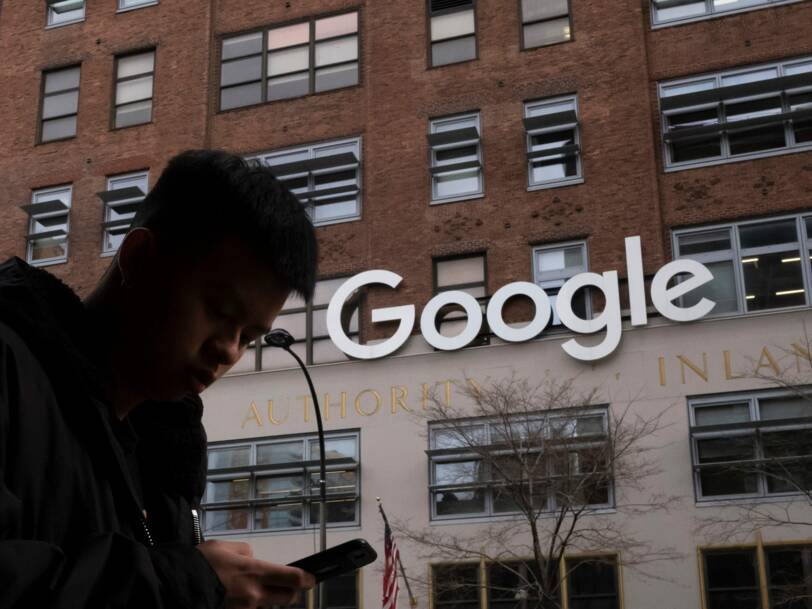
Social-Media
In a lawsuit, Google workers acknowledge to making it extremely hard for customers to keep their whereabouts confidential.

According to recently released papers, Google deceived phone makers into suppressing privacy options that consumers appreciated in order to acquire more location data.
According to recently released court documents, Google makes it virtually hard for users to keep their location confidential.
Even Google executives and personnel in charge of location data were perplexed by the operation of privacy settings.
Last year, Arizona's attorney general filed a lawsuit against Google over its data harvesting tactics.
According to newly released documents in a lawsuit against Google, the company's executives and engineers were aware of how difficult it was for smartphone users to keep their location data secret.
According to the papers, Google continued to gather location data even when users disabled certain location-sharing settings, made popular privacy settings harder to locate, and even encouraged LG and other phone manufacturers to hide settings exactly because consumers liked them.
During a deposition, Jack Menzel, a former vice president in charge of Google Maps, stated that the only way Google wouldn't be able to find out a user's home and work addresses is if the user purposefully threw Google off by entering random addresses for their home and work.
According to the papers, Jen Chai, a Google senior product manager in charge of location services, had no idea how the company's complicated network of privacy settings connected with one another.
Requests for response from Google and LG were not returned.
The records are part of a complaint filed by the Arizona attorney general's office against Google last year, alleging that the corporation was illegally gathering location data from smartphone users even after they opted out.
Last week, a judge granted a request by trade organizations Digital Content Next and News Media Alliance, who claimed that it was in the public's interest to know and that Google was using its legal resources to stifle examination of its data gathering tactics.
"So there is no way to give a third party app your location and not Google?" one employee said, according to the documents, adding: "This doesn't sound like something we would want on the front page of the [New York Times]."
The papers' unsealed versions provide even more details on how Google masked its data collecting practices, perplexing not just its consumers but even its own staff.
According to the papers, Google collects user location data through a variety of methods, including WiFi and even third-party applications that force users to reveal their data in order to use those applications or, in some circumstances, connect their phones to WiFi.
Employees at Google appeared to know that the company's aggressive data collecting techniques were causing frustration among users, and that this was possibly harming the company's profitability.
"Fail #2: I should be able to receive my location on my phone without sharing it with Google," one employee remarked.
"This might be how Apple eats our lunch," they continued, claiming that Apple was "far more likely" to allow consumers to utilize location-based applications and services on their phones without sharing data with the company.
According to the documents, when Google tested versions of its Android operating system that made privacy choices more accessible, users took advantage of them, which Google perceived as a "problem." Google opted to bury those choices further deeper within the settings menu to remedy this issue.
Google apparently tried to persuade smartphone makers to hide location settings "through purposeful misrepresentations and/or concealment, suppression, or denial of facts" - that is, data Google had demonstrating that users were using such choices - in order to assuage [manufacturers'] privacy concerns.
